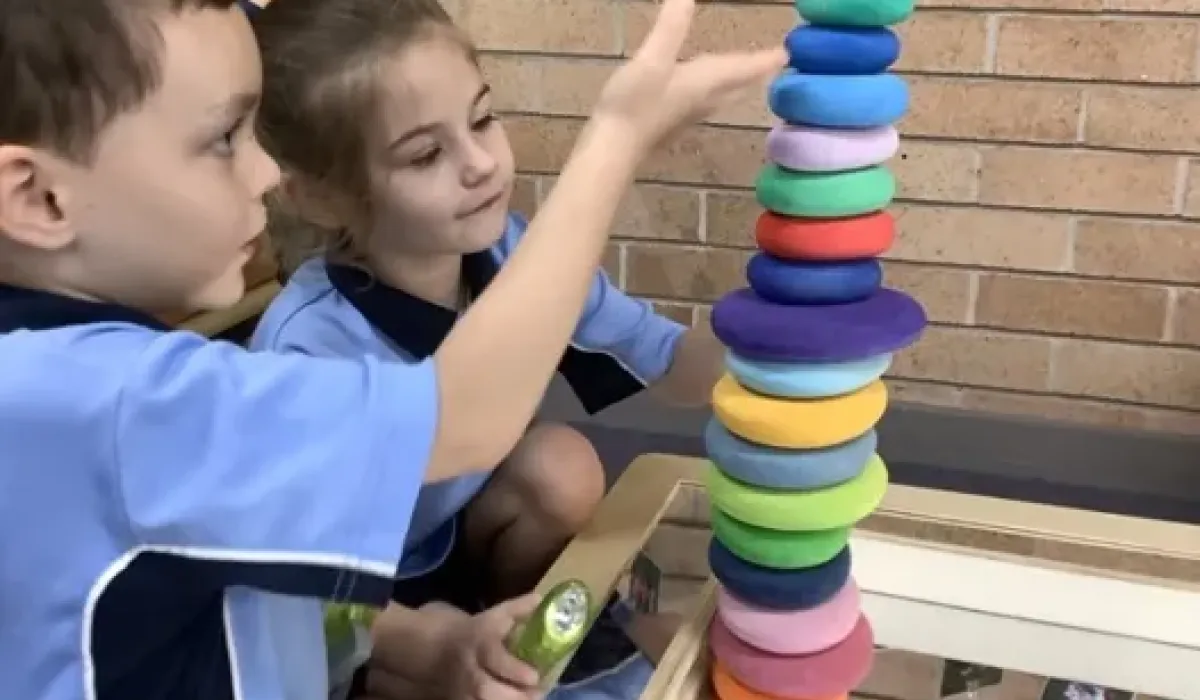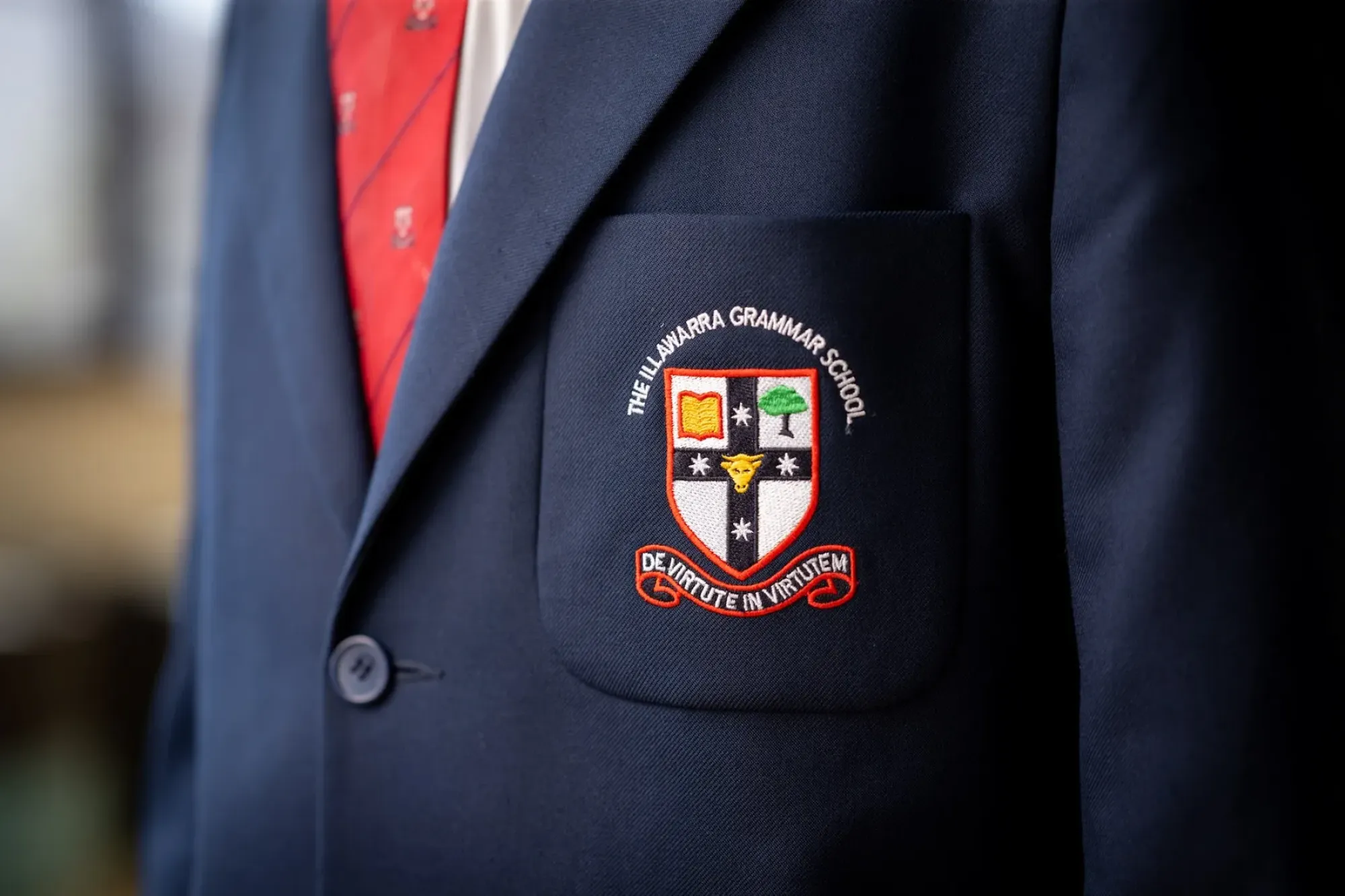
Numeracy and Literacy at TIGS Prep
At TIGS Prep numeracy and literacy are embedded in our daily core educational programme and are always adapted within our provocations to make them exciting and engaging. When developing children’s numeracy skills, it is always important to not only make it age-appropriate but also developmentally appropriate.
Young children are naturally curious in their first five years and research shows that the best time to introduce mathematics to young children is at this time while their brain is rapidly developing. Mathematics in early childhood helps children develop critical thinking and reasoning skills early on and it is key to success in their formal schooling years.
As adults, many of us can think back to our own times at school, especially those for whom maths was a never-ending mystery. Maths concepts are at the core of what children will experience in their future educational journey and all children will have to learn how to master it. For this reason, it is never too soon to start exposing young children to its principles, as well as to the excitement which goes with solving a problem or learning how to count, recognise numbers, master 1:1 correspondence, sort, make patterns, sequence, classify and measure.
Providing children with a range of enjoyable early learning skills in numeracy ensures that they develop positive attitudes to mathematics which they can take with them into future learning. However, just as critical as numbers are, so too is the development of spatial skills – of dealing with shapes and how these might be reconfigured if broken apart, or if the orientation were changed. How often we see this at work in The Piper Centre classroom environments, as the children use their tactile senses to play with objects, fitting them together, balancing and stacking, and separating them – all the while engaging their developing brains.
Board games and card games are an ideal way to introduce small children to mathematical principles – cards, in particular, are a simple tool with which to practise numbers. Puzzles, blocks and shapes, are a fun way to develop spatial skills. Many young children are drawn to creating and building Duplo and LEGO, which provides an opportunity for developing both spatial skills and patterning. The colourful bricks and figures offer an engaging way to learn about cause and effect, motion, addition and subtraction. By looking for patterns of colour, shape and order among the LEGO blocks, children can be kept entranced for ages as they construct and deconstruct their creations.

